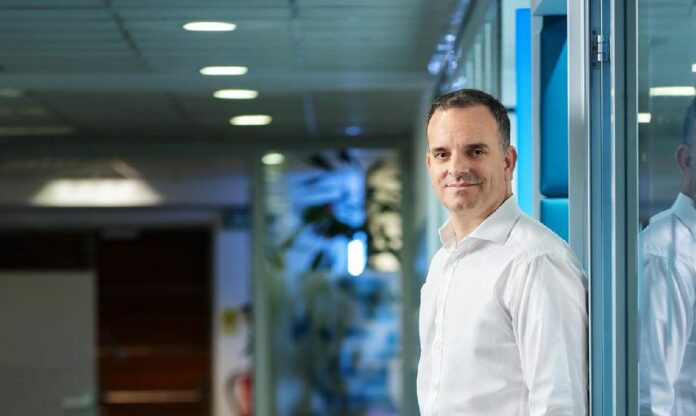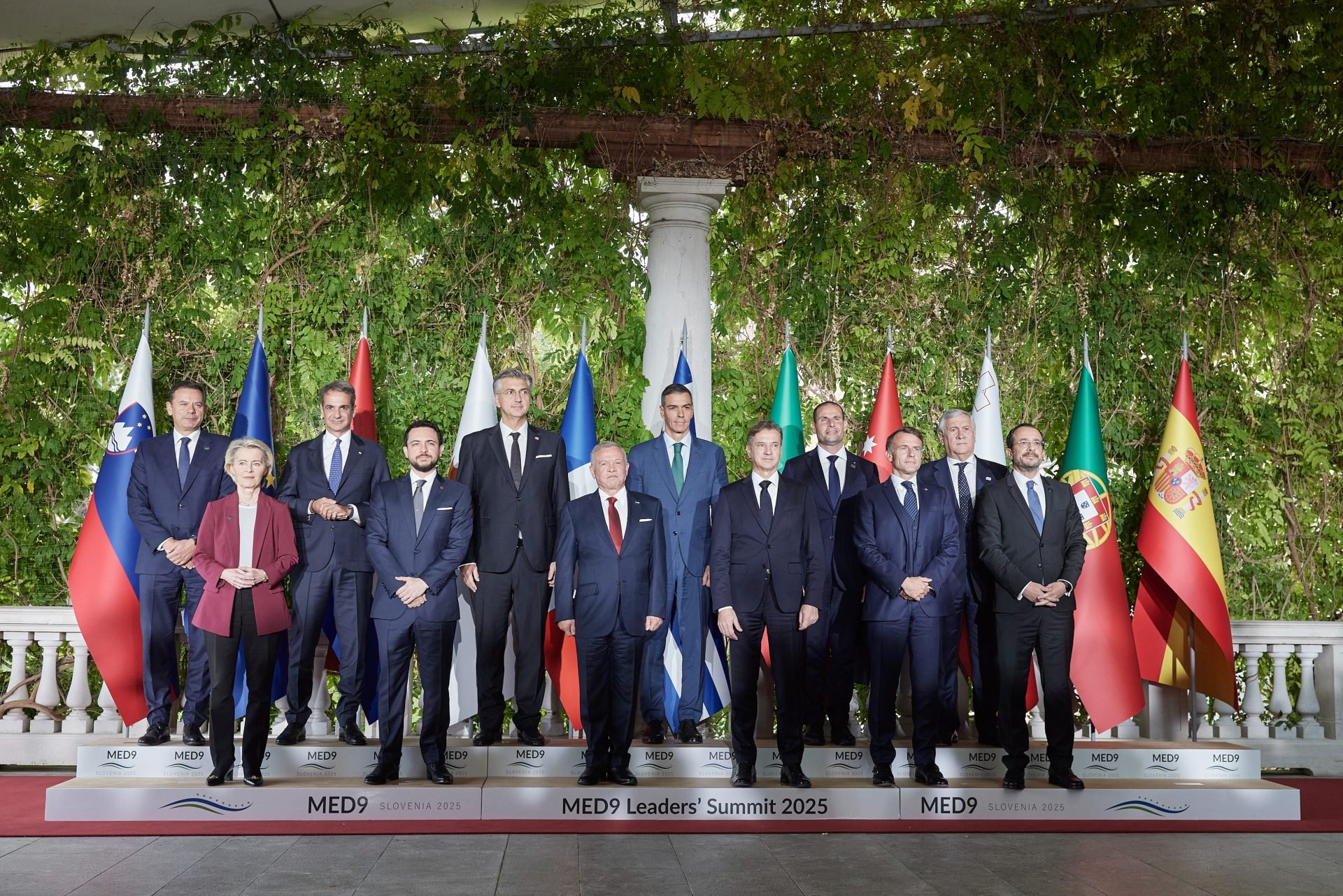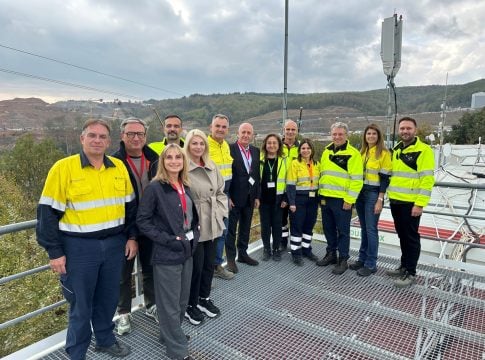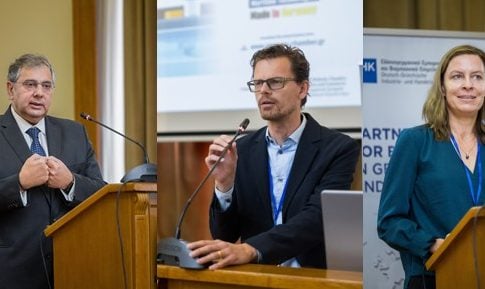Dr. Vassilis Hatzikos, CEO of Siemens in Greece, in an interview with “Naftemporiki”, focused on the increased interest in products and services that support the energy and digital transition of businesses, whether it concerns the industry sector or smart infrastructure.
Hatzikos pointed out that “we are going through a dynamic period for Siemens Greece, with a significant rise in sales and an increase in demand. Last year’s outstanding performance during which the company recorded a 13% increase in sales fills us with optimism for an equally positive year with increased turnover and sales boost. The path of positive growth we are on reflects our orientation for long-term and sustainable growth with solutions that bring the real and digital worlds closer than ever and anticipate our customers’ needs before they even discover them themselves.”
Explaining the company’s strategy, Hatzikos emphasized that “at Siemens we are committed to bridging the gap between the real and the digital world. And this is the strategy we follow to provide solutions to everyday issues and the megatrends of the time, through cutting-edge technologies, such as digital twin, AI, software systems (simulation software) and IoT. At the core of our strategy is sustainability, applying worldwide a system of values, called DEGREE, an acronym for the concepts: Decarbonization, Ethics, Governance, Resource efficiency, Equity & Employability. We envision a company that will continue to pioneer technologically and will be a link between the needs of society and business.”
The company’s next step is Siemens Xcelerator, a digital business platform, open, interoperable and flexible, which offers software as a service with integrated software and hardware solutions, with the aim of bringing the Industrial Metaverse to life faster and at a larger scale. Siemens has an integrated IoT portfolio of advanced hardware and software solutions, in cooperation with specialized partners. This portfolio covers the entire spectrum in the sectors of industry, infrastructure, networks and buildings. It includes industrial automation, with systems that boost factory efficiency, energy solutions for sustainable production and distribution, as well as digital solutions and software that enable businesses to move into the digital age, opening new avenues for innovation, collaboration and growth.
According to Hatzikos, digital transformation requires cooperation. It requires strong partnerships, participation in ecosystems and easier access to technology.















